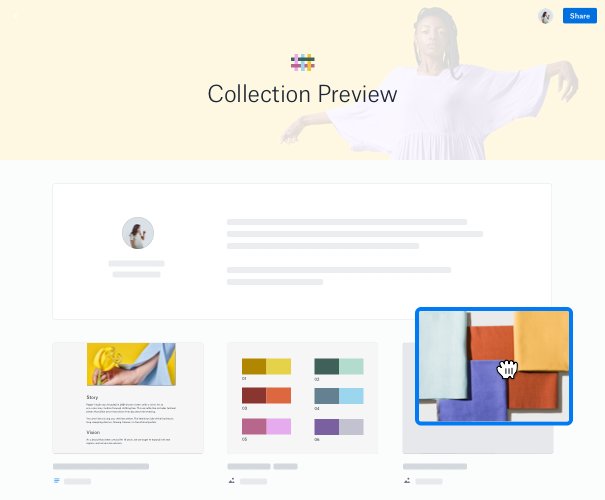With the onset of the COVID-19 pandemic, French business school ESSEC was forced to respond rapidly and digitalise all courses. The result? An agile, open, online learning environment which caters to the needs of students and faculty, both now and in the future.
As part of our recent research paper on the future of learning, we spoke to Adrian Zicari, Professor of Management Control at ESSEC, to find out how the program was implemented – and offer a few tips on how you can follow in their footsteps.
Engage students and faculty
With a faculty of 140 and activities in Paris, Singapore, and Morocco, ESSEC is a dynamic, diverse institution for students of all academic levels .
According to Adrian, the school had previously experimented with online learning– but the push for a more significant remote-learning culture was driven by the needs of its students, who demanded flexibility to match their busy lifestyles.
In response, the school developed an entirely remote course on sustainability, balancing concrete, timetabled learning with more casual sessions. Ongoing peer assessment gave students career-relevant experience in management as well as learning.
Breaking down barriers allows students to excel
For Adrian, adjusting to online teaching and learning was a challenge – but technology wasn’t the problem. “I used to think online teaching meant recording lectures and then uploading them online – but what works in the classroom doesn’t always work online. It was a real case of learning by doing.”
Adrian was unafraid to make changes to meet the new status quo. 40-minute lectures were cut to 10; solo study was replaced with more group work. On the flip side, remote learning brought new opportunities: students could now interview subject matter experts virtually, meaning far more access to leaders in the field.
Trial and error brought real results. Adrian says that once he found the right approach, students collaborated far more. Technology broke down borders between students, whilst new processes saw students engage more with material, rather than simply taking notes to cram later.
This kind of approach helped ESSEC to be well prepared for the onset of the COVID-19 pandemic. In fact, the school was able to migrate all of its remaining courses online within two weeks.
Offer soft skills – and create online-first solutions
ESSEC’s success shows us that attitude counts as much as technology – for institutions and individuals.
For students and staff to excel, schools must break down barriers rather than create new ones. You may not get it right first time, but being open to trying new things will help you find the best solution quicker and get the best results – as well as be ready to handle the unexpected.
So, with the pace of development so rapid, what advice does Adrian have for other schools about creating a future-proofed online learning environment?
“Not all students want to learn remotely all of the time – and not every activity is suited to it,” he says. “But the needs of both students and faculty mean we’ll certainly see more examples of blended learning in the future.”
According to Adrian, with many schools likely to take a similar approach, it’s more important than ever for institutions to focus on soft skills to differentiate themselves in a blended learning environment. “Textbooks stay the same, but an innovative approach to teaching and skills-based learning – that’s what’s important. The syllabus at each university is the same, and an MBA can become outdated in three years, but soft skills last forever and will help distinguish one school from another in the future.”
« No need to change textbooks. The most important thing is to adopt an innovative approach to teaching and skills-based learning. When comparing programs from different institutions, they can be pretty similar. The content part of a programme needs to be modified every three years to remain relevant. However acquiring soft skills lasts forever and teaching them will enable institutions to stand out from their competitors.”
Get your copy of the research
To find out how other education leaders like Adrian are future-proofing teaching and learning – and what you can learn from their approach – download your copy of the Dropbox 2020 Education Report here.





